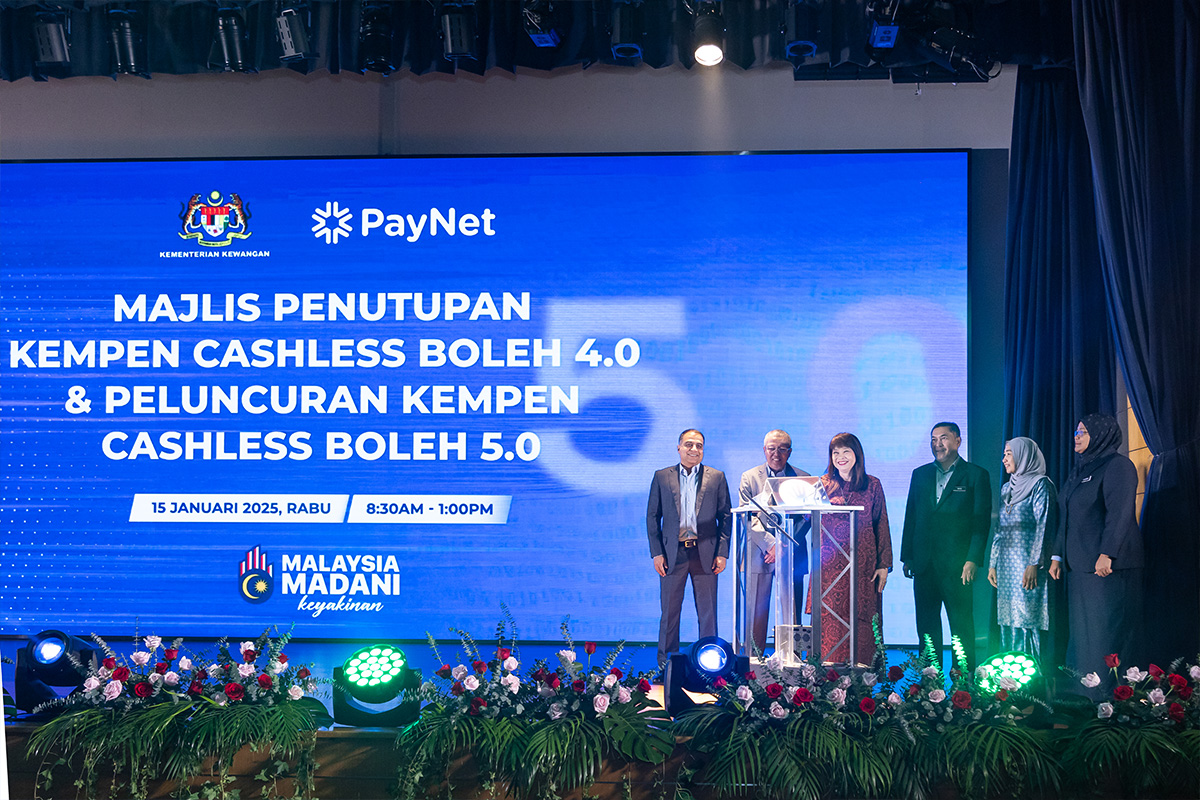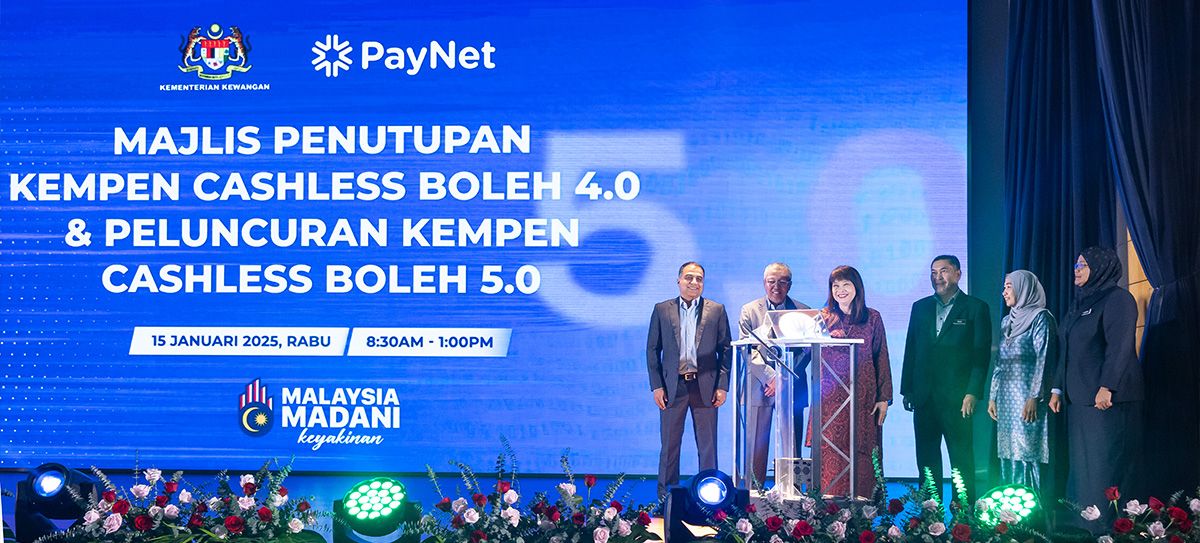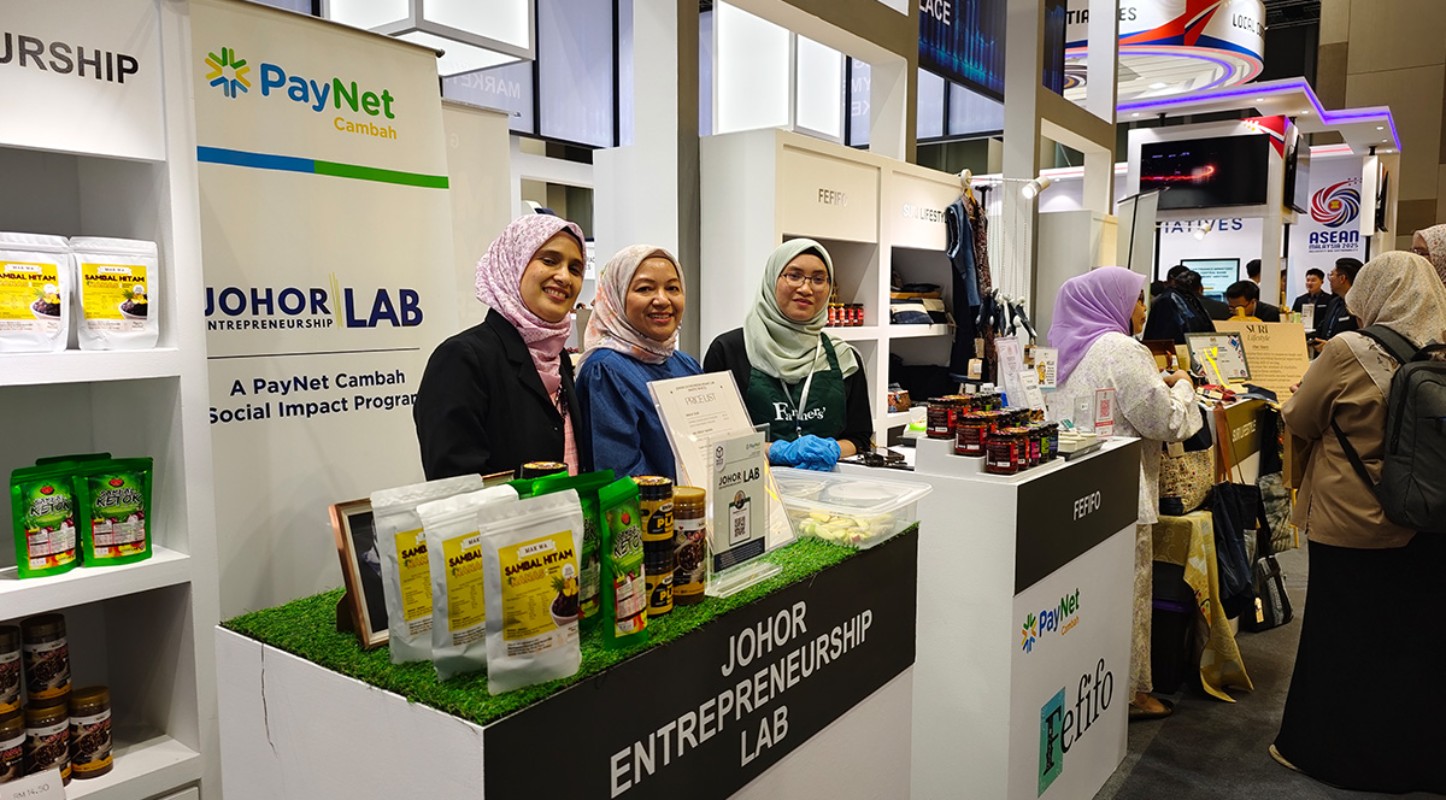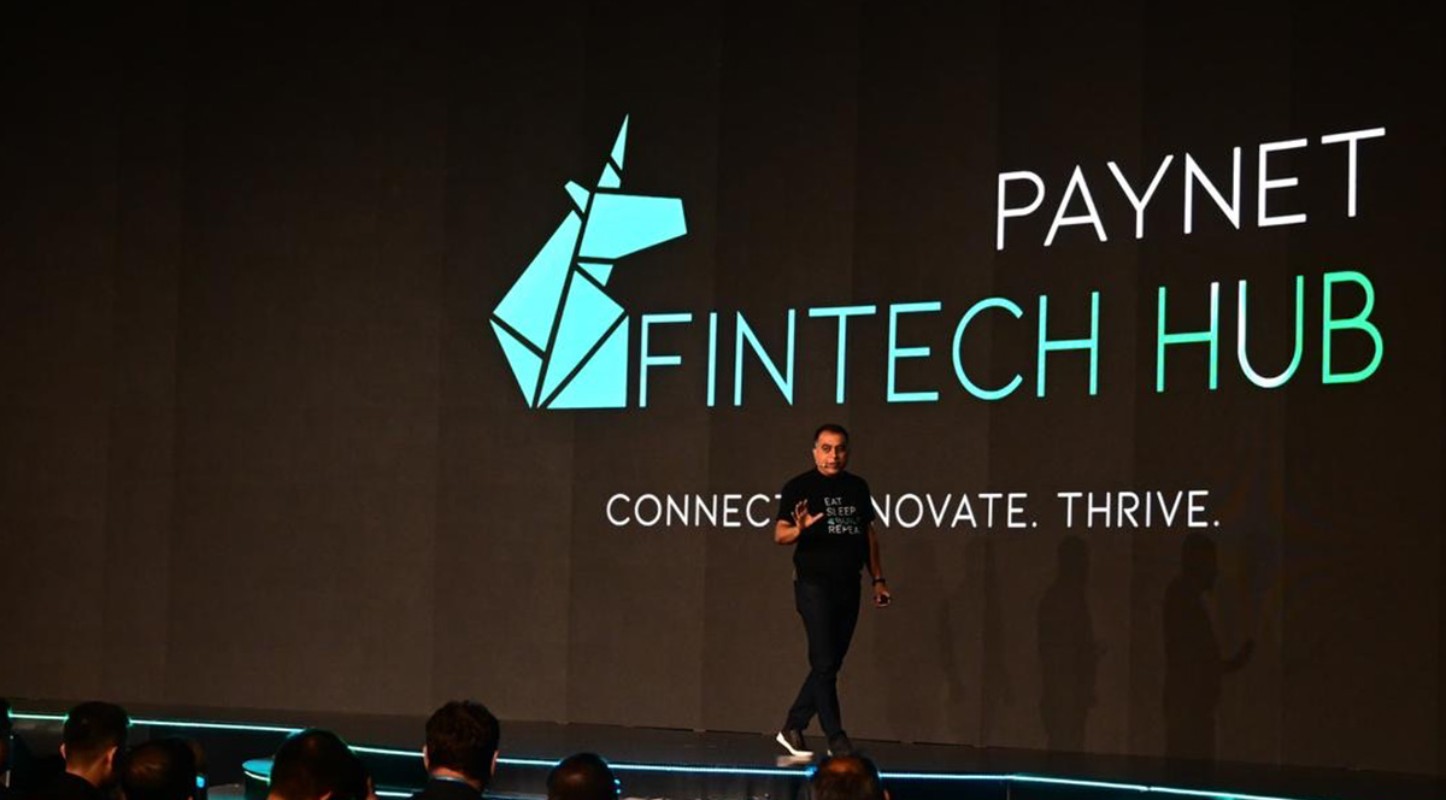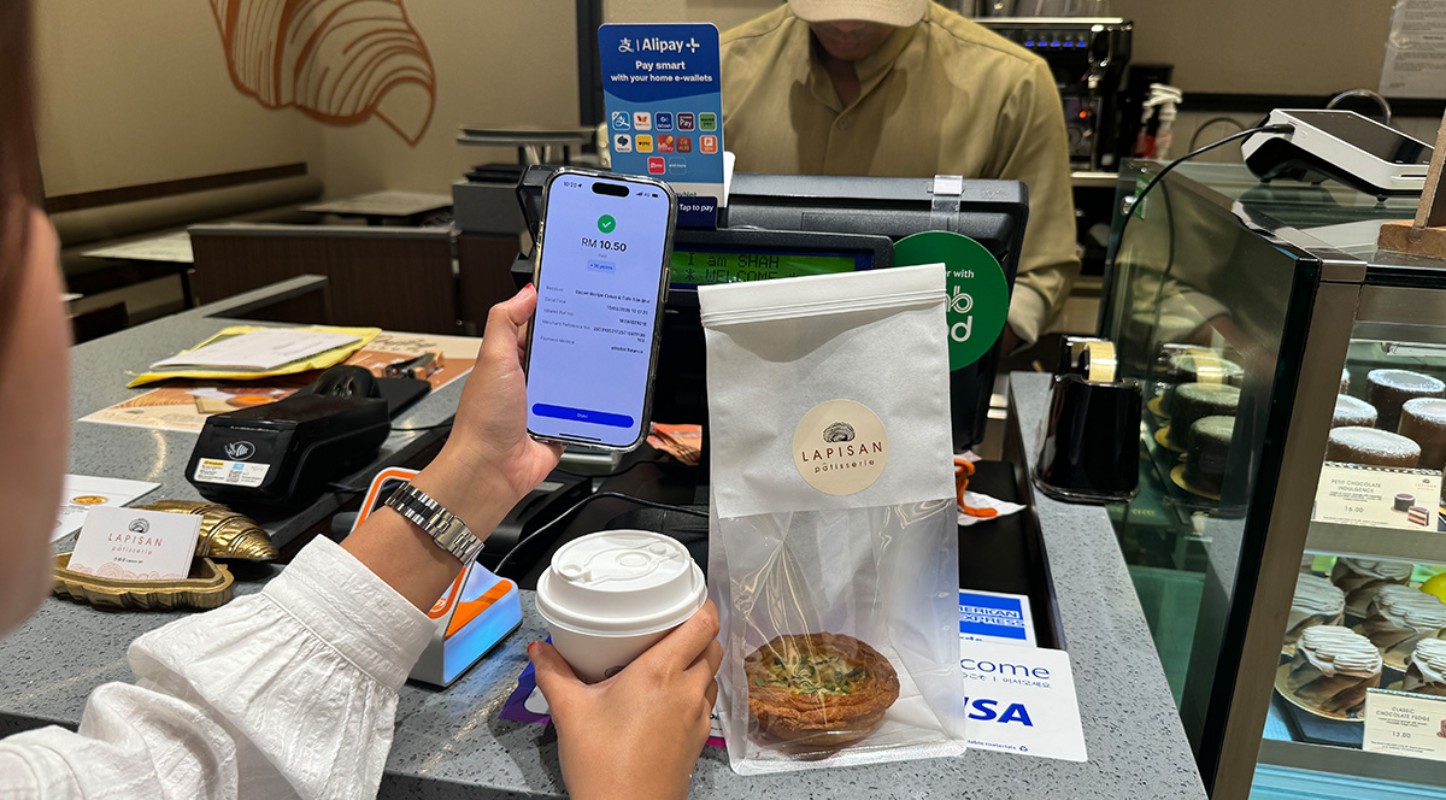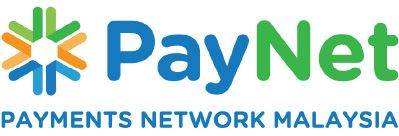
Malaysia’s shift towards cashless payments was not an advancement that happened out of the blue. What many may not know is that at the heart of this transformation is Payments Network Malaysia Sdn Bhd (PayNet), the backbone of the country’s digital payment infrastructure.
“Evolving from a national payments infrastructure provider to an innovation enabler, fintech accelerator and security advocate, PayNet has played a central role in advancing Malaysia’s financial services landscape. Our integrated, forward-looking approach continues to support a dynamic, inclusive and secure digital economy for all Malaysians,” says chief technology officer Teh Lip Guan.
One of PayNet’s most integral innovations is the DuitNow ecosystem, which includes DuitNow Transfer, DuitNow QR and DuitNow Pay. Phrases such as “scan or tap?” and “I’ll transfer via DuitNow” have been seamlessly integrated into the everyday vernacular of Malaysians, highlighting the impact of these services both at a societal level and in the financial realm.
By unifying Malaysia’s once-fragmented QR landscape under the national DuitNow QR standard, PayNet has brought together banks, e-wallets and non-banks onto a single rail, simplifying payment gateways for the nation.
“The introduction of the DuitNow ecosystem was a major milestone in our cashless journey. Launched in 2018, DuitNow revolutionised payments in Malaysia through instant transfers using only a mobile or MyKad number. This simplification has revolutionised how the rakyat and businesses pay, and enhanced operational efficiency for financial institutions. In partnership with the industry, use of Malaysia’s real-time retail payments platform (RPP) DuitNow has skyrocketed 30-fold from 110 million transactions in 2019 to 3.5 billion transactions in 2024,” says Teh.
PayNet is also responsible for Financial Process Exchange (FPX), a foundational platform for internet-based payments; JomPAY, a centralised bill payment platform; and MyDebit, the country’s domestic debit card system.
PayNet has been playing a pivotal role in advancing the country’s digital economy and driving financial innovation ever since it was established through the merger of the Malaysian Electronic Payment System (MEPS) and the Malaysian Electronic Clearing Corporation Sdn Bhd (MyClear) in 2017. This merger laid the foundation that has enabled PayNet’s progress in high-value payment systems under one roof, creating a more integrated and resilient national payments infrastructure.
Building from its history as MEPS, the company introduced the country’s first shared ATM network in 1996. Over the years, MEPS went on to expand its offerings with the launch of Interbank GIRO (IBG) in 2000 and chip-based ATM cards in 2004, laying the groundwork for fintech growth within the country.

By combining robust safeguards with seamless interoperability, we’re not just making things easier for the rakyat; we’re strengthening the foundations of a trusted, efficient digital economy that works for everyone.”
— Teh Lip Guan
Reflecting on this journey, Teh says these very innovations have paved the way for the company’s standing today, with trust at its core. Principles of security and efficiency are engineered into every layer of PayNet’s systems, from inception to execution, ensuring both longevity and resilience.
“We work closely with regulators, banks, fintechs and technology partners to ensure that Malaysians can transact with ease and confidence, whether at home or across borders in neighbouring countries such as Singapore, Thailand, Indonesia and Cambodia,” Teh explains.
“By combining robust safeguards with seamless interoperability, we’re not just making things easier for the rakyat; we’re strengthening the foundations of a trusted, efficient digital economy that works for everyone.”
Protecting Malaysians from scams and fraud is a critical part of that mission. In 2024, Bank Negara Malaysia, PayNet and financial institutions launched the National Fraud Portal. Developed with the National Scam Response Centre, the platform has slashed the time to trace stolen funds by 75% and increased mule account detection by 45%.
Empowering communities through digital payment inclusion
PayNet’s mission is rooted in a simple, powerful ethos: Shared prosperity must reach everyone in Malaysia. From urban centres to remote villages, across all walks of life, PayNet wants to ensure no one is left behind. Its services are built to empower the rakyat, financial institutions and fintechs. Where gaps persist, PayNet complements the ecosystem with PayNet Cambah, a social impact initiative designed to nurture unserved and unbanked communities into financial inclusion.
At the heart of this programme is its five-stage framework Cambah Wheel: sponsor education; train and develop; support community initiatives; digitalise; and reinvest. Through strategic collaborations with banks and e-wallet providers, PayNet equips communities with digital payment tools, financial literacy and sustainability-focused economic models. PayNet Cambah was launched in Langkawi in 2023, with zero-waste fashion produced by B40 single mothers.
“We sponsored sewing skills, taught financial management and worked with high-end resorts to upcycle discarded fabrics into boutique-worthy fashion pieces,” says PayNet senior director and head of strategy and ESG Azleena Idris. “By February this year, 134 households had graduated to bankability and are now supported by Hong Leong Islamic Bank under the iTEKAD programme with Bank Negara.”

Cashless Boleh 4.0 — involving 20 federal agencies and statutory bodies — recorded a total of 138.8 million digital payment transactions, achieving an 86% penetration rate.”
— Firdaus Ghani
Since then, PayNet Cambah has scaled nationwide, with ESG-focused programmes running in every region, covering food production and farming, with plans to upskill participants with cloud-based skills and tools through PayNet’s partner Amazon Web Services.
In Sabah and Sarawak, PayNet is working with the Gates Foundation, Mojaloop Foundation, the Yono app and several fintech partners to bring stable internet access to underserved areas by pioneering an offline digital payment proof-of-concept.
Beyond these community-driven projects, PayNet is also championing nationwide initiatives to accelerate digital adoption, such as its Cashless Boleh campaign.
“The fourth instalment, Cashless Boleh 4.0 — which ran from December 2023 to November 2024, involving 20 federal agencies and statutory bodies — recorded a total of 138.8 million digital payment transactions, achieving an 86% penetration rate,” says PayNet senior director of government digitalisation Firdaus Ghani.
In addition, PayNet’s partnerships with entities such as Agrobank have transformed places such as Pulau Sri Tanjung in Kelantan into fully cashless zones. Micro, small and medium enterprises (MSMEs) and rural fishing communities at the floating market in Tumpat are now fully digitalised, having embraced the cashless shift.
Fortifying the financial infrastructure
PayNet’s journey is far from over, with more innovation in the pipeline that aims to continue transforming the nation’s digital payment landscape and strengthen its payment infrastructure.
One upcoming area of particular interest to PayNet lies in emerging technologies that advance financial sovereignty. This will be conducted through a payment network that will be fully governed, hosted and operated within the country’s borders.
“PayNet is currently exploring further developments in areas such as open finance, tokenisation, digital onboarding, payment switch resilience and leveraging quality data to grow artificial intelligence (AI) capabilities to ensure national resilience and digital sovereignty,” Teh explains.
Future projects include developments in cross-border payment interoperability within and beyond Asean to further promote financial inclusivity and to support Malaysia’s role in regional economic integration.
PayNet is also committed to cultivating the local talent pool to bridge the digital divide. Program Akar, in collaboration with Amazon Web Services and re/Start, was launched in 2024, with a focus on building foundational digital skills for the financial services industry.
In April 2025, the second phase of Program Akar expanded into AI and data science, in partnership with Microsoft, reflecting PayNet’s commitment to developing future-proof talent aligned with evolving industry demands.
Ongoing projects, such as the PayNet Fintech Hub, continue to charge forward. Launched in May 2025, the hub is a platform designed to support and scale Malaysia’s fintech sector. Start-ups under the hub’s COMMUNITY are already benefiting through access to funding, mentorship and strategic partnerships to scale their innovations for both local and regional markets.
In short, PayNet’s story is Malaysia’s story — one of resilience, innovation and inclusion. From cashless adoption at home to cross-border connectivity abroad, PayNet continues to shape the nation’s financial future while safeguarding its digital sovereignty.
